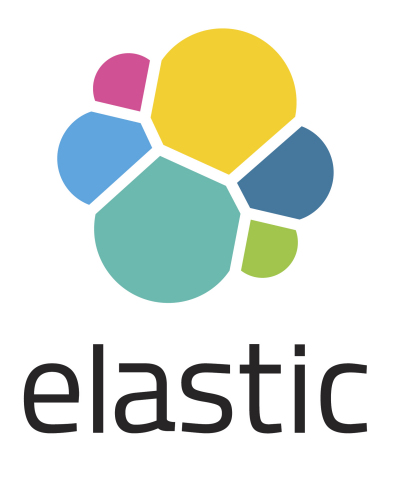Elastic Announces New Threat Prevention Capabilities for Windows, macOS and Linux, and Host Isolation for Cloud Native Linux Environments
Elastic Announces New Threat Prevention Capabilities for Windows, macOS and Linux, and Host Isolation for Cloud Native Linux Environments
Expanding Threat Prevention to Stop Threats at the Endpoint
- Protecting organizations with malicious behavior prevention on Windows, macOS and Linux hosts
- Accelerating response with host isolation for cloud native Linux environments in Kibana
- Safeguarding Windows hosts with new memory threat protection
MOUNTAIN VIEW, Calif.--(BUSINESS WIRE)--Elastic (NYSE: ESTC) (“Elastic”), the company behind Elasticsearch and the Elastic Stack, announced Expanded Limitless Extended Detection and Response (XDR) capabilities across the Elastic Security solution in its 7.15 release, including new layers of prevention for Windows, macOS and Linux, and host isolation for cloud-native Linux environments.
Malicious behavior protection, now generally available, stops advanced threats at the endpoint for Windows, macOS and Linux hosts. Powered by analytics that prevent attack techniques leveraged by known threat actors, malicious behavior protection strengthens existing malware and ransomware preventions by pairing post-execution analytics with response actions to stop attacks before they cause damage.
Providing organizations another layer of prevention against cyber attacks, Elastic Security now provides memory threat protection for Windows endpoints, preventing memory manipulation via shellcode. Memory threat protection prevents attacks engineered to evade less sophisticated security technologies.
Leveraging cloud-native extended Berkeley Packet Filter (eBPF) technology, Elastic also introduces host isolation for cloud-native Linux environments, enabling security analysts to quarantine Linux hosts directly from Kibana by isolating the host from the network, containing the attack, and preventing lateral movement.
For more information read the Elastic blog about what’s new in Elastic Security 7.15.
About Elastic:
Elastic is a search company built on a free and open heritage. Anyone can use Elastic products and solutions to get started quickly and frictionlessly. Elastic offers three solutions for enterprise search, observability, and security, built on one technology stack that can be deployed anywhere. From finding documents to monitoring infrastructure to hunting for threats, Elastic makes data usable in real time and at scale. Thousands of organizations worldwide, including Cisco, eBay, Goldman Sachs, Microsoft, The Mayo Clinic, NASA, The New York Times, Wikipedia, and Verizon, use Elastic to power mission-critical systems. Founded in 2012, Elastic is a distributed company with Elasticians around the globe and is publicly traded on the NYSE under the symbol ESTC. Learn more at elastic.co.
The release and timing of any features or functionality described in this document remain at Elastic’s sole discretion. Any features or functionality not currently available may not be delivered on time or at all.
Elastic and associated marks are trademarks or registered trademarks of Elastic N.V. and its subsidiaries. All other company and product names may be trademarks of their respective owners.
Contacts
Chloe Guillemot
Elastic Public Relations
PR-Team@elastic.co
